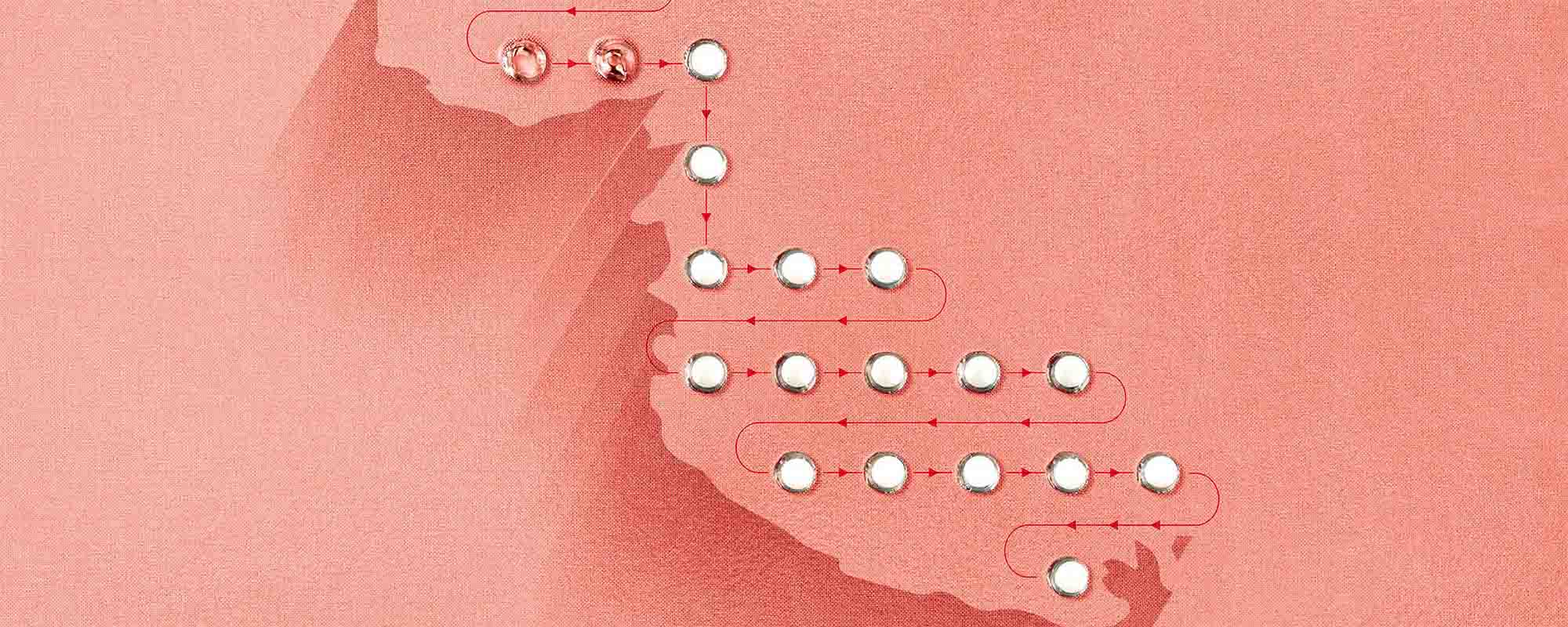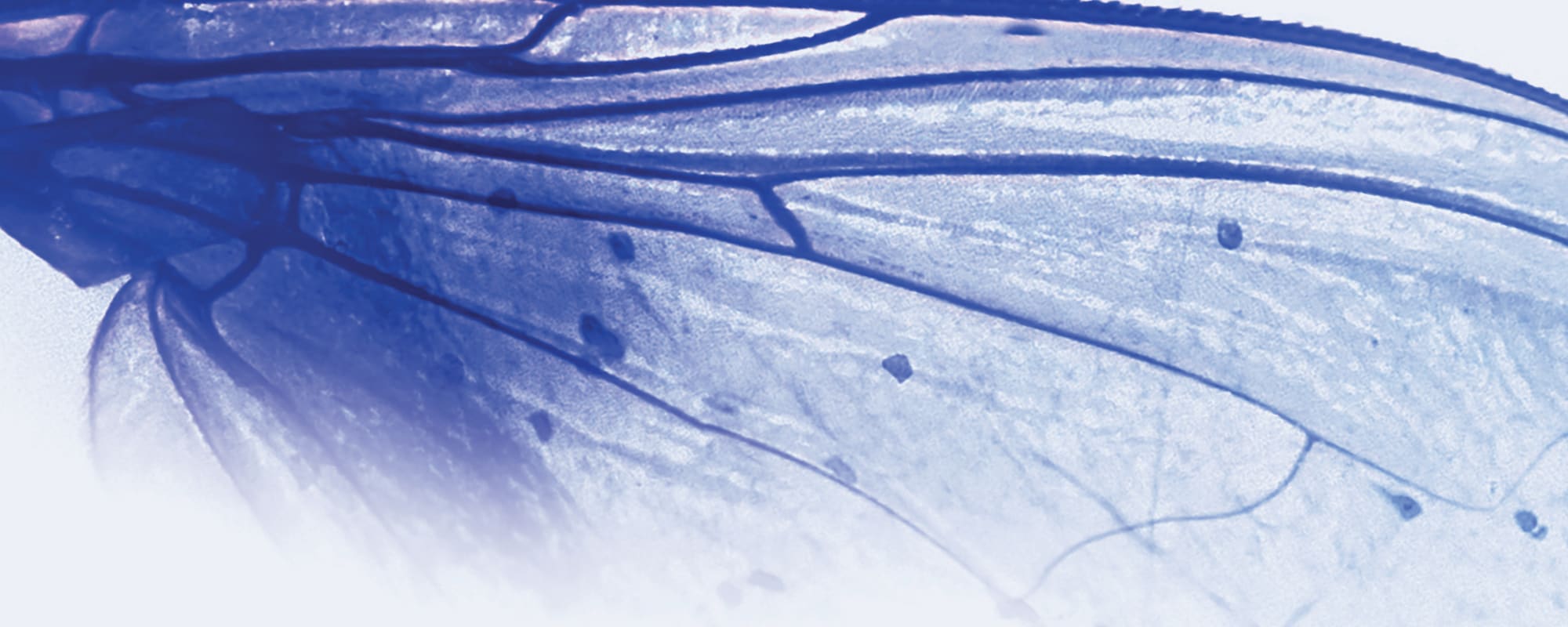60 years ago, the contraceptive pill triggered a social revolution by allowing women to take charge over their reproductive health. Yet, hefty side effects threaten these same rights. THINK analyses what science has been doing to overcome these side effects.
Continue readingThe Good, the Bad, and the Ugly: The Contraceptive Pill, Reproductive Rights, and Malta
Contraception, and especially the contraceptive pill, have revolutionised society in the past 60 years. Yet one of the most utilised methods has side effects that are still not addressed by science worldwide, and shining a light over Malta shows a lack of data on the population’s reproductive health. THINK investigates.
Continue readingYou Only Got This Job Because You Are a Woman
Can women climb the academic ladder? In a society that equates men with leadership, THINK explores the career challenges faced by women, especially in academia, and how governments and institutions are fighting to promote gender equity.
Continue readingNew Targets in the Fight against Cancer
Cancer behaviour is highly complex. Tumour cells are adept at evading the body’s defence mechanisms and therapeutic drugs over time. At Mater Dei Hospital, a multidisciplinary team of health professionals is analysing a rare case of cancer cell transformation that may uncover new therapeutic approaches for patients with this cancer type.
Continue readingALS Discoveries that Help Unlock New Treatments
Amyotrophic Lateral Sclerosis (ALS) is a rare neurodegenerative disease that ‘locks’ patients in their own bodies, clear-headed but unable to move or speak. A research group at the University of Malta is looking for therapeutic targets to treat the disease while supporting ALS patients and their families through their condition.
Continue readingTackling Tumours: How to Tame the Rebels
To defeat your enemy, you must understand your enemy. We can’t confirm if Sun Tzu would agree with this, but the MPitNET group at the University of Malta (UM) certainly does. THINK dives into their efforts in understanding – and hopefully defeating – pituitary tumours.
Continue readingWhat a trip, man.
Psychedelics conjure images of hippies and tie-dye, or they may trigger images of junkies and erratic behaviours. However, psychedelic drugs are gaining a reputation as possible therapies for many psychiatric disorders, and researchers are not shy about praising their benefits. Meanwhile, psychedelics are illegal in most countries, deemed dangerous, and their use socially condemned. THINK explores the ambiguity behind this class of drugs.
Continue readingWhat COVID-19 has taught us about education
While sitting in my living room and staring at a computer screen split into 4 squares (each with its own head), I talked with Dr Charmaine Bonello, Dr Tania Muscat and Dr Josephine Deguara from the Department of Early Childhood and Primary Education (DECPE), at the University of Malta (UM). I was curious about the changes in the education system during the pandemic. While the pandemic has allowed some of us to work from home, the education sector has faced certain challenges. I talked with the three researchers about how the pandemic has affected the education system, with a focus on five particular stakeholders in Early and Primary Education.
Continue readingThe Second Rule of Crowdfight: Improvise, Adapt, Overcome
Sniffing out pollution at sea
The maritime industry is one of the largest producers of greenhouse gas emissions. While newly introduced legislation helps control this hazard, it has significantly increased the burden for Port State and environmental authorities. Antónia Ribeiro interviews Nicky Borg, the founder of local start-up Marine Hound, to discover how their original smart buoys can help solve the problem.
Continue reading









